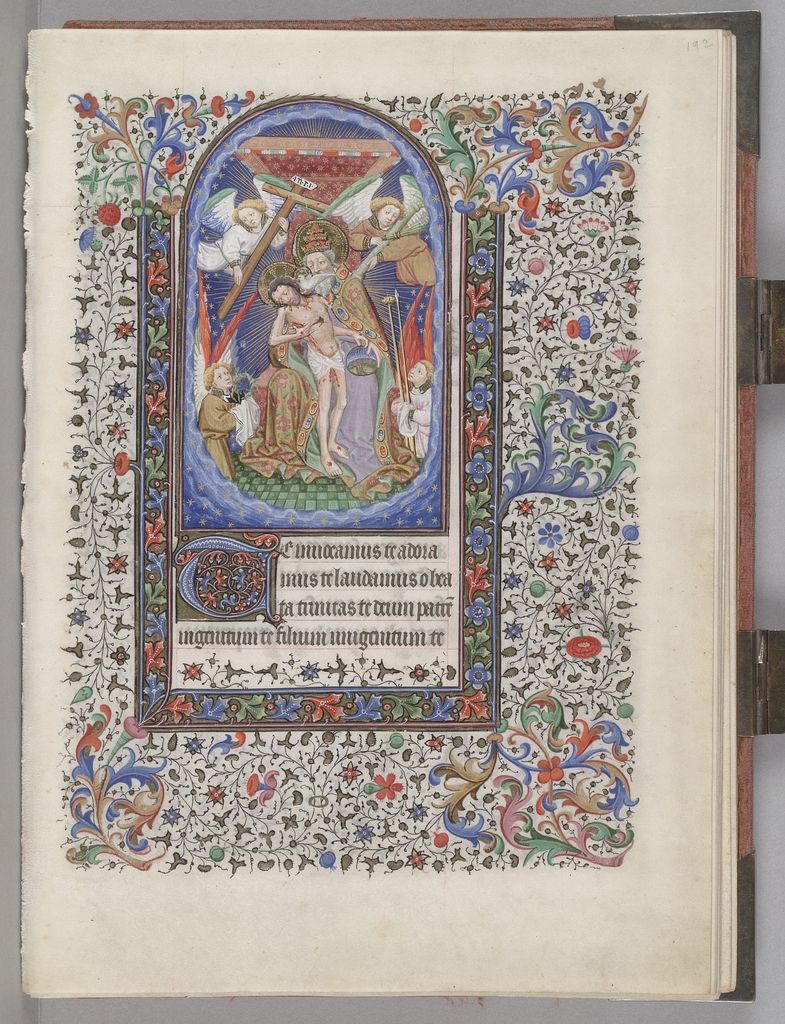Unboxing the Puzzle: The Rise of Mystery Boxes in Germany
A Growing Fad with Questionable Consequences
Alleged Questionable Activity: Could the Mystery Box be seen as Unlawful Gambling?
By Timm Schaffner, Edited by Angela Burke, Published on: 13.03.2025, Last updated: 24.04.2025.
Symbolic Image: Redundant packages often transformed into mystery boxes © Claudio Schwarz/unsplash.com
The Thrill of the Unexpected
Mystery boxes have become a popular trend in Germany, with items sourced from Amazon returns, uncollected packages, or unsold tech accessories from popular retailers like MediaMarkt and Saturn, marketed online and in-store as mystery boxes. Bargain hunters speculate that the value of the contents could exceed the price paid, while the risk exists of receiving almost worthless items.
Steve Schuster, an operator of a machine that collects and sells goods, compares his clientele to inquisitive, daring individuals, according to the Schwäbische Zeitung.
A Gambling Conundrum
Michael Alexandridis, head of Caritas Addiction Help Services in the Lake Constance-Oberschwaben region, raises concerns about the business model due to its potential effects on children and young people, who are susceptible to psychological manipulations. Additionally, mystery boxes may contain inappropriate items for their target audience.
Online videos featuring box openings bear striking similarities to casino streams, left banned on platforms like YouTube and Twitch, by causing an impression of lucrative wins, while actual content values often fall short of the mystery box purchasing price.
Alexandridis draws parallels between mystery boxes and gambling, predicting potential financial overspending driven by the hope of valuable items, similar to gambling addiction. He urges a thorough assessment of the potential risks associated with mystery boxes.
Gray Areas in the Gambling State Treaty
Surprisingly, mystery boxes are not mentioned in the German Gambling State Treaty, and it remains unclear if they are considered gambling. The same holds true for loot boxes in video games. The treaty only permits betting on sporting events.
While mystery boxes and loot boxes share similar principles, their placement within the treaty's regulations is tenuous. Differing court interpretations in various countries further muddy the water, leaving a significant grey area.
No Sense of Responsibility
Schuster maintains that the mystery boxes' business does not constitute gambling and that he bears no extra responsibility for protecting his customers beyond the norm. He believes the trend to be temporary, potentially fleeting as quickly as the anticipation.
However, the Joint Gaming Authority of the States (GGL) may address this issue, particularly in the expanding online market. Should mystery boxes be classified as gambling, the market could undergo substantial changes. Possibly, GGL licenses would become necessary to sell mystery boxes, an expense small arcade manufacturers might find challenging to afford.
Insights from Enrichment Data:
In Germany, the regulations surrounding mystery boxes remain unclear, requiring careful consideration. Given their element of chance, mystery boxes approach gambling, but without a specific legal framework, the situation becomes murky. Consumer protection laws, trade practices, and potential financial losses are concerns, while the possibility of counterfeit products in mystery boxes, like popular brands such as POP MART, also looms. It is crucial for consumers to weigh the risks and for businesses to ensure compliance with consumer protection laws.
- What's intriguing about the surging trend of mystery boxes in Germany is that they can contain a wide range of items, from Amazon returns to unsold tech accessories from stores like MediaMarkt, with the risk of receiving almost worthless items.
- Steve Schuster, who operates a machine that sells goods, compares his customers to inquisitive, daring individuals, much like gamblers in a casino, who might find value in the contents exceeding the price paid.
- However, Michael Alexandridis, from Caritas Addiction Help Services, expresses concerns over the business model's potential effects on children and young people, suggesting parallels between mystery boxes and gambling addiction.
- The gambling-like nature of mystery boxes is raising questions over their classification, with the German Gambling State Treaty not explicitly mentioning them. As a result, their status as gambling remains unclear.
- Regardless of the legal gray area, the Joint Gaming Authority of the States may address the issue, particularly in the online market, potentially leading to the need for GGL licenses and increased responsibilities for businesses selling mystery boxes.
![Alleged Robbery at [Location Name]: Witnesses Report Suspect Wearing [Item Descriptor] and Fleeing Scene in [Vehicle Description] Germania Witnesses Popularity of Mystery Boxes; Concerns over Potential Gambling Illegality and Potential Harm to Juveniles Persist Among Experts](https://betbuzzfeed.com/en/img/2025/04/29/1225374/jpeg/4-3/1200/75/image-description.webp)



